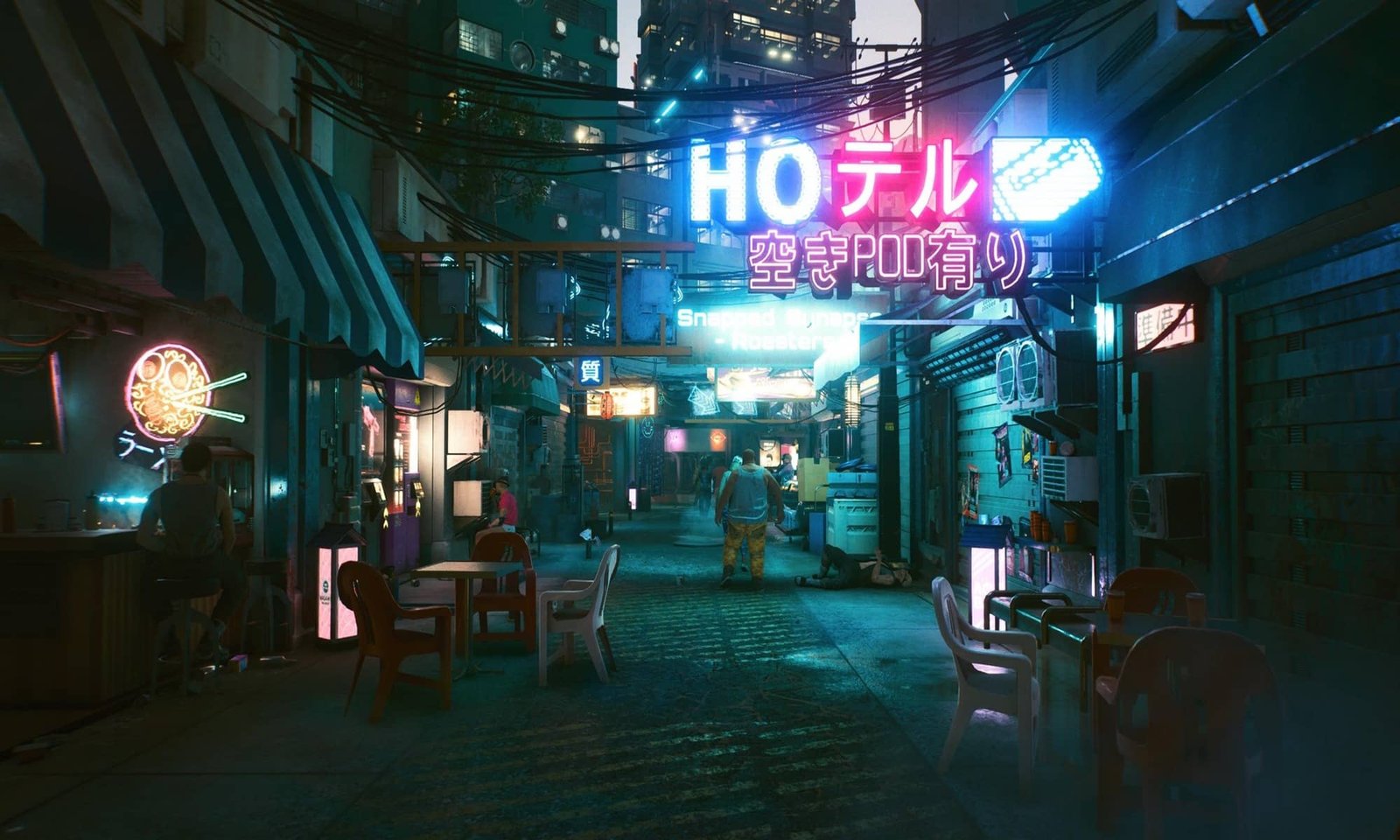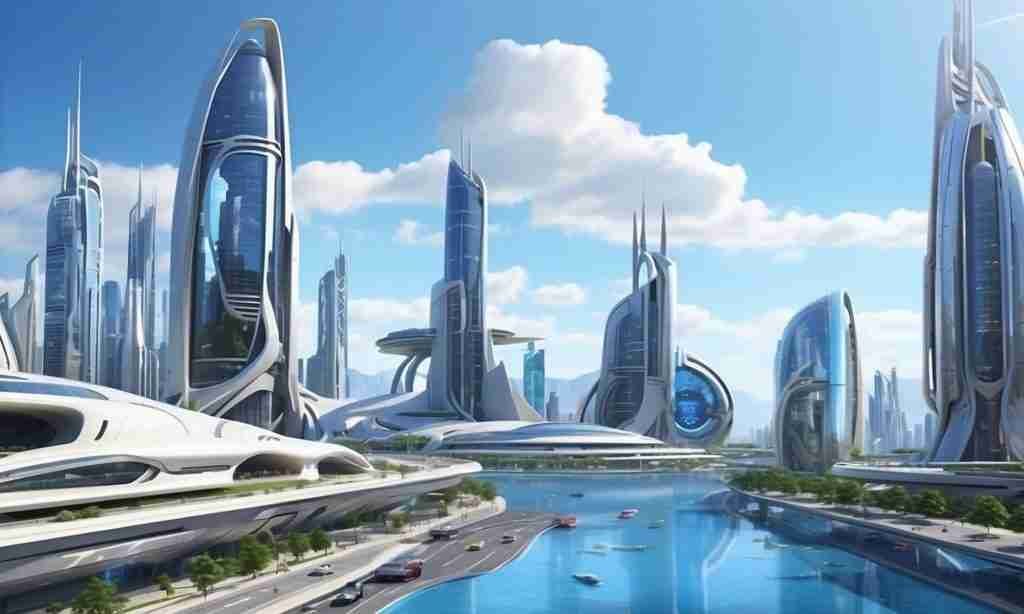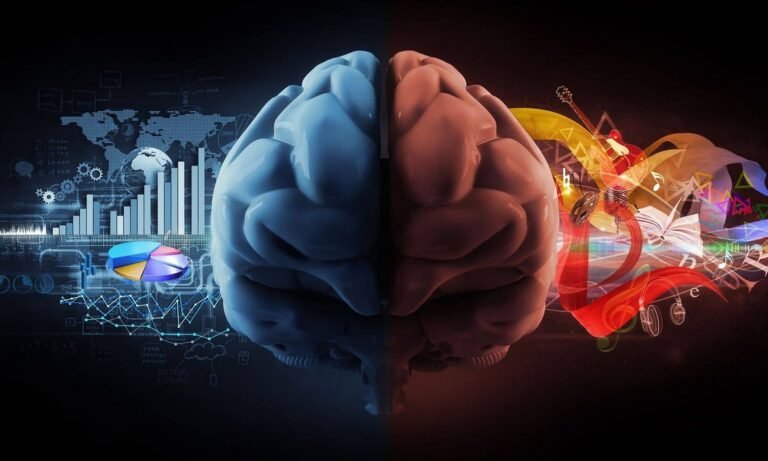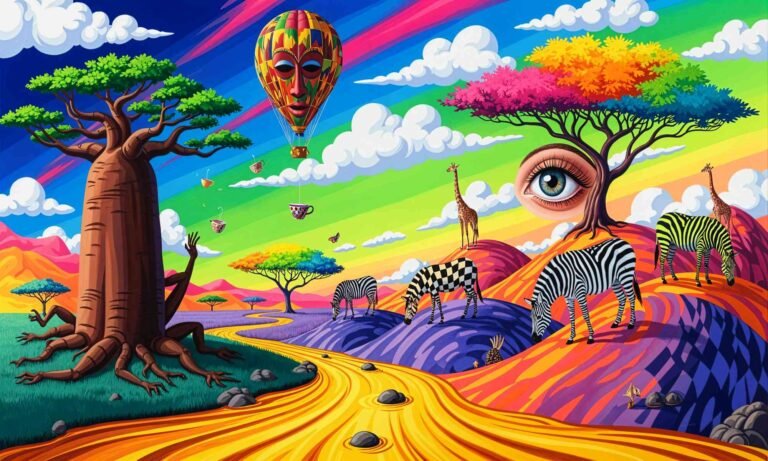Cyberpunk is a subgenre of Science Fiction that emerged in the early 1980s, characterized by its depiction of advanced technology alongside a breakdown of societal order, often set in dystopian futures. This genre blends elements of high tech with a low-life aesthetic, presenting a world where cutting-edge innovations coexist with societal decay and moral ambiguity. The term itself is a portmanteau of “cybernetics” – the study of communication and control in living organisms and machines – and “punk,” which evokes a sense of rebellion and anti-establishment sentiments.
The origins of cyberpunk can be traced back to early science fiction works but crystallized in the 1980s with pivotal authors such as William Gibson, whose landmark novel “Neuromancer” laid the foundation for the genre. This work introduced concepts such as cyberspace and virtual realities, which have become synonymous with the cyberpunk aesthetic. Other notable works include Ridley Scott’s film “Blade Runner,” which echoes the genre’s themes through its portrayal of a future where artificial intelligence is commonplace, yet ethical dilemmas arise in complex ways.
Key characteristics that define cyberpunk include the exploration of advanced technologies like artificial intelligence, robotics, and the Internet, framed against a backdrop of societal collapse, corporate dominance, and environmental degradation. Themes of capitalism run amok and the erosion of individual privacy are commonly found, emphasizing a critique of contemporary trends. Additionally, the visual artistry of cyberpunk, prevalent in films, video games, and graphic novels, often reflects a gritty urban aesthetic, populated by antiheroes who navigate the blurred lines between man and machine.
In crafting a rich narrative universe, cyberpunk offers an edifying commentary on the potential paths our society might take as technology continues to evolve. This genre encourages readers and viewers alike to contemplate the consequences of unchecked technological advancement and the persistent struggle between humanity and the machines we create.
Dystopia
A dystopia is a fictional society that has devolved into a state of oppression, fear, and dehumanization – often under the guise of order or progress. Unlike a utopia, which imagines a perfect world, dystopias are cautionary tales that reflect the darkest outcomes of unchecked power, technological overreach, or societal decay. These imagined worlds are typically set in the future, but they mirror real-world anxieties: authoritarian regimes, environmental collapse, surveillance states, and the erosion of individual freedoms.
Read More
What makes dystopian fiction so compelling is its ability to exaggerate the present to reveal uncomfortable truths. Themes like loss of identity, class stratification, propaganda, and the illusion of choice are central to the genre. Whether it’s the omnipresent Big Brother in 1984, the engineered conformity of Brave New World, or the televised brutality of The Hunger Games, dystopias force us to confront what happens when humanity trades liberty for security, or convenience for control.
Yet within these bleak landscapes, dystopias often contain a spark of rebellion – a protagonist who questions the system, resists conformity, or simply dares to remember what freedom felt like. These stories are not just warnings; they’re also calls to action. They remind us that even in the most controlled environments, the human spirit can resist, adapt, and imagine something better. In that way, dystopias are not just about despair — they’re about the fragile hope that change is still possible.
Key Themes and Motifs
Cyberpunk is a subgenre of speculative fiction that intricately weaves various themes and motifs, offering a unique lens through which to examine contemporary society. One of the most prominent themes in cyberpunk narratives is corporate control. In many stories, powerful corporations exert significant influence over politics, economics, and individual lives, often prioritizing profit over humanity. This theme serves as a critique of capitalism and raises questions about the implications of unchecked corporate power in our lives.
Another critical theme is artificial intelligence (AI), which explores the relationship between humans and technology. In cyberpunk tales, AI often serves various roles, from sentient beings that challenge the notion of what it means to be alive to tools that enhance or oppress human capabilities. The presence of AI highlights the ongoing debate regarding ethics and the consequences of creating intelligence that may surpass human understanding.
The impact of technology on society and identity is a further significant motif in cyberpunk narratives. As technology integrates more deeply into everyday life, characters often grapple with the consequences of their reliance on it. This relationship prompts reflections on personal identity, as traditional human experiences collide with virtual realities and enhanced existences. The allure of virtual reality is a recurrent aspect, allowing individuals to escape the limitations of the physical world and explore new identities in cyberspaces.
Hacker culture is also central to the cyberpunk ethos, representing rebellion against oppressive systems. Hackers often act as anti-heroes, utilizing their skills to subvert the dominant structures in society. Additionally, themes of post-humanism emerge, where the line between human and machine blurs, raising profound questions about the future of humanity in an age dominated by technology. Together, these elements create a rich tapestry that reflects contemporary anxieties and ambitions, making cyberpunk not only a genre of fiction but a mirror to our evolving world.
“If you want to imagine the future, imagine a boot stamping on a human face – forever.”
– George Orwell
Impact on Popular Culture
Cyberpunk has emerged as a significant force within popular culture, shaping various forms of media and influencing contemporary societal discourse. Originating as a subgenre of science fiction, cyberpunk encapsulates dystopian futures characterized by advanced technology juxtaposed with societal decay. One of the earliest and most influential representations of this genre is Ridley Scott’s film Blade Runner, released in 1982. This film not only popularized its thematic elements of artificial intelligence and corporate overreach but also established a visual language for the cyberpunk aesthetic, marked by neon lights, urban sprawl, and a sense of existential dread.
Another pivotal entry in the realm of cyberpunk is The Matrix, which debuted in 1999. This film introduced audiences to concepts such as virtual reality and the nature of existence, showcasing a world where technology enslaves humanity rather than liberating it. Yet, it also inspired a new wave of philosophical inquiry, particularly around artificial intelligence and identity. The film’s iconic aesthetic and action sequences have left a lasting impact on other media, leading to a blend of ideas and styles across film, literature, and art.
In the realm of video gaming, the release of Cyberpunk 2077 in 2020 reinvigorated interest in the genre. Despite a rocky launch, the game provided an immersive experience that echoes classic cyberpunk themes, encouraging players to navigate a complex world filled with moral ambiguity and advanced technology. The modern gaming landscape owes a considerable debt to the cyberpunk ethos, with various titles exploring themes of transhumanism and dystopia.
Furthermore, cyberpunk’s influence extends to fashion, with its signature elements permeating streetwear and avant-garde styles. The genre’s aesthetics continue to resonate with contemporary creators, reflecting ongoing societal issues such as capitalism, surveillance, and the human condition. This vibrant interaction with current events ensures that cyberpunk remains a relevant and thought-provoking part of popular culture.
The Future of Cyberpunk
The cyberpunk genre has long served as a lens through which we can examine the implications of advanced technology on society. As we stand on the cusp of significant breakthroughs in artificial intelligence, surveillance systems, and digital lifestyles, the future landscape of cyberpunk appears both exciting and complex. Technological advancements are no longer confined to speculative fiction; they are integrated into our daily lives, presenting both opportunities and challenges that artists and writers can explore in their work.
The increasing prevalence of artificial intelligence is likely to redefine narratives within the genre. Stories may grapple with ethical dilemmas regarding AI autonomy, consciousness, and the fragility of human identity in an increasingly automated world. Moreover, as individuals navigate their lives through personal devices and interconnected data networks, themes of surveillance, privacy, and the loss of agency may take center stage in upcoming cyberpunk works. Writers might depict dystopian realities where personal data is commodified, raising questions about who controls it and how it shapes societal structures.
Societal changes, such as shifts in global politics, economic disparity, and climate challenges, will also influence the trajectory of the cyberpunk genre. The genre has traditionally dealt with themes of rebellion against oppressive systems; future narratives may reflect contemporary movements centered around social justice and equality. As diverse voices begin to shape the conversation, expect a broader representation of experiences and challenges that resonate with our evolving world.
In conclusion, the future of cyberpunk holds the potential to be more relevant than ever. As artists and writers adapt to rapid technological growth and its societal implications, the genre is poised to evolve, embracing new themes and narratives while maintaining its core essence of intrigue and speculation. This dynamic adaptability will ensure that cyberpunk continues to captivate audiences for generations to come.
What’s More
The posts in My Blog feature reflective, story-driven pieces rooted in personal and societal insights.
The topics in My Interests explore abstract, philosophical ideas and their cultural and societal impact.
👁️ 8,017 Views
















